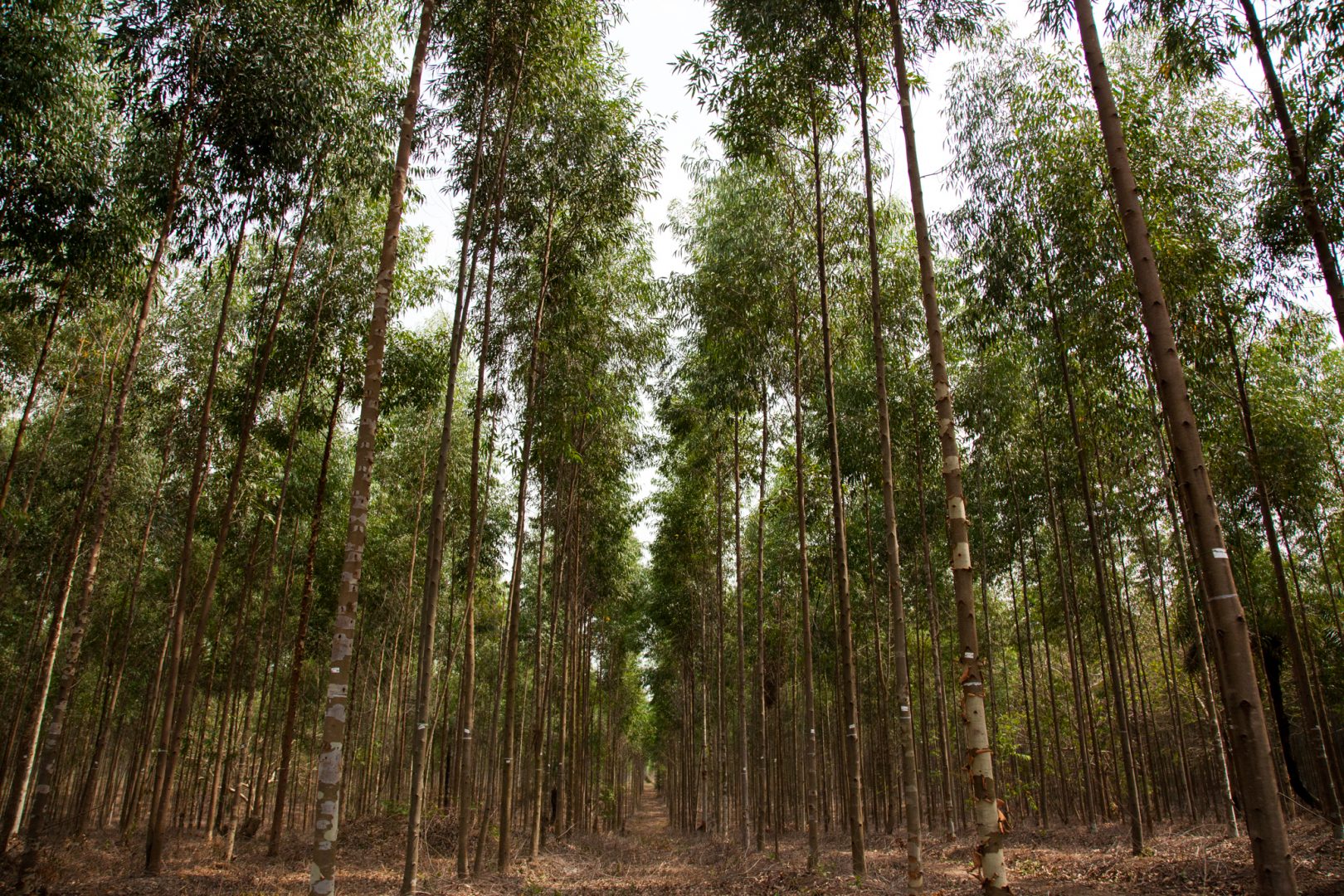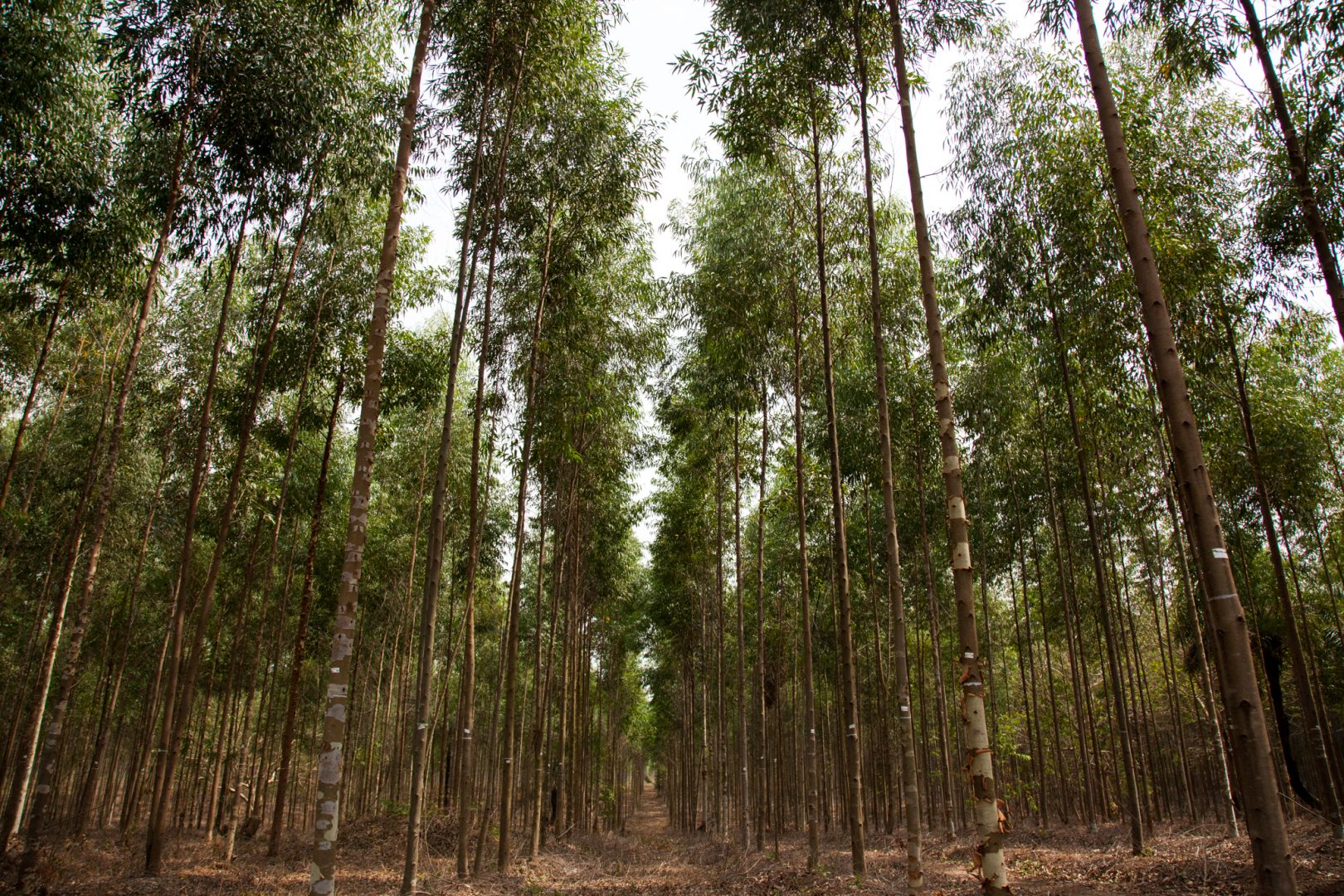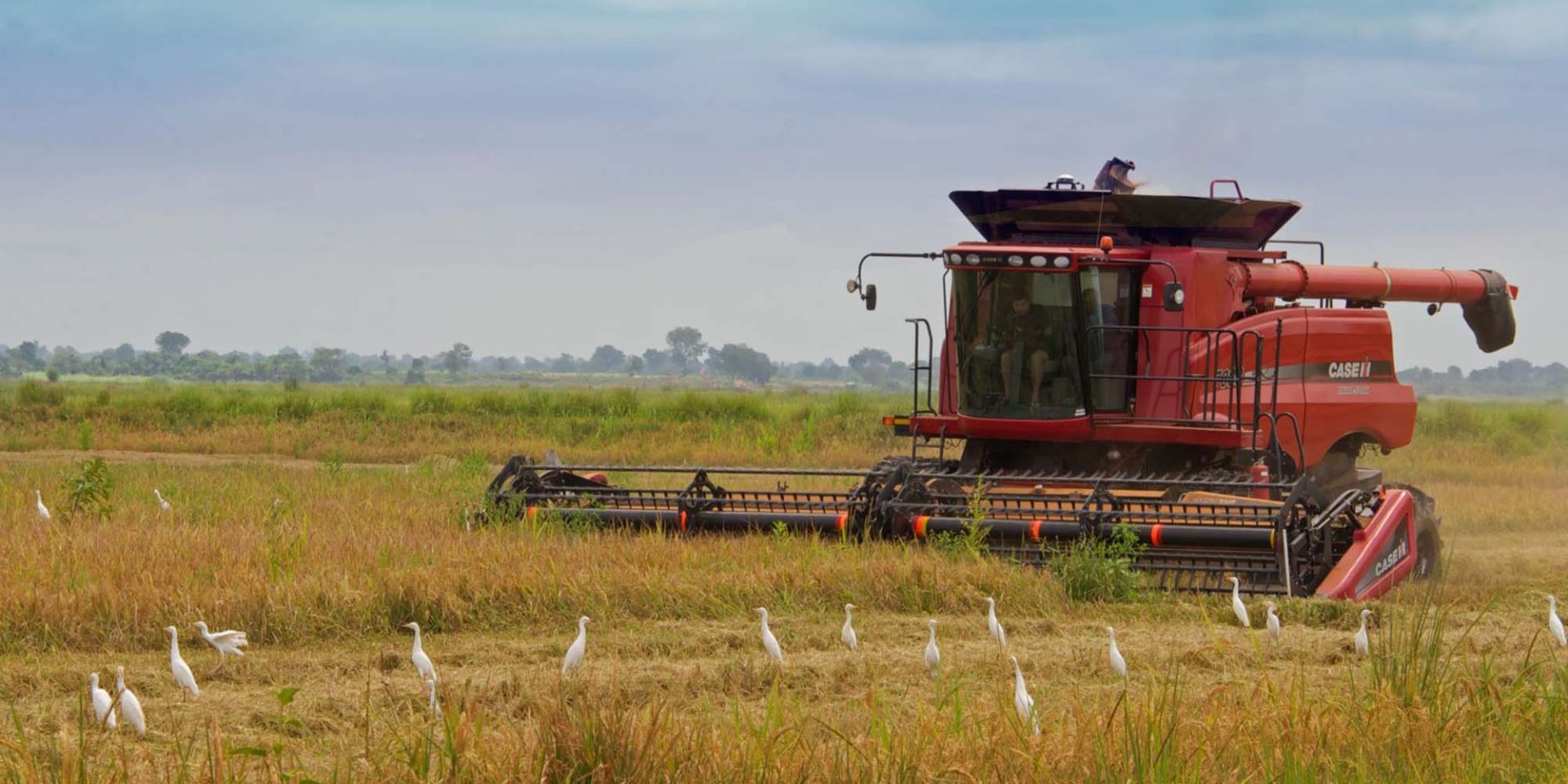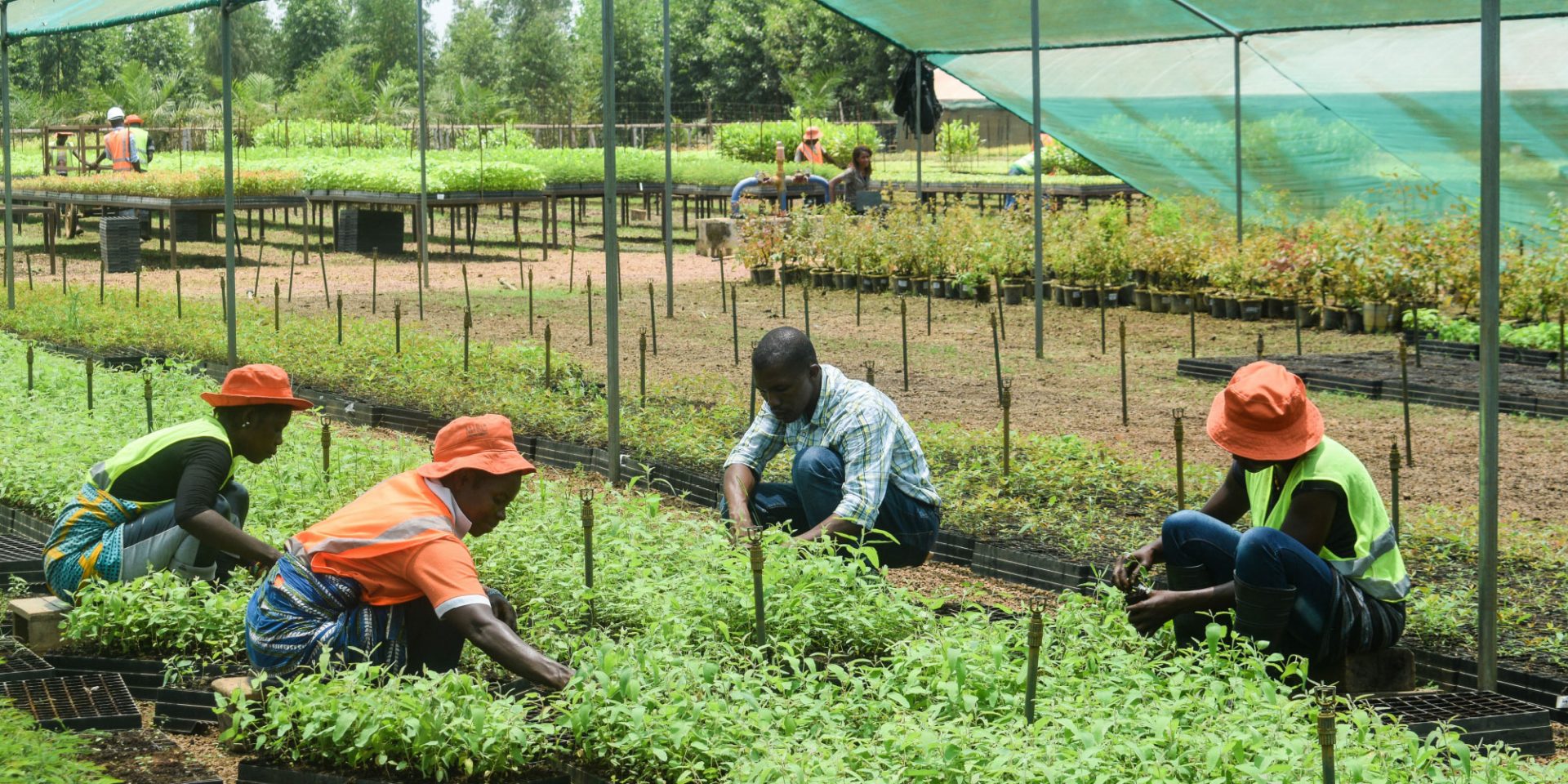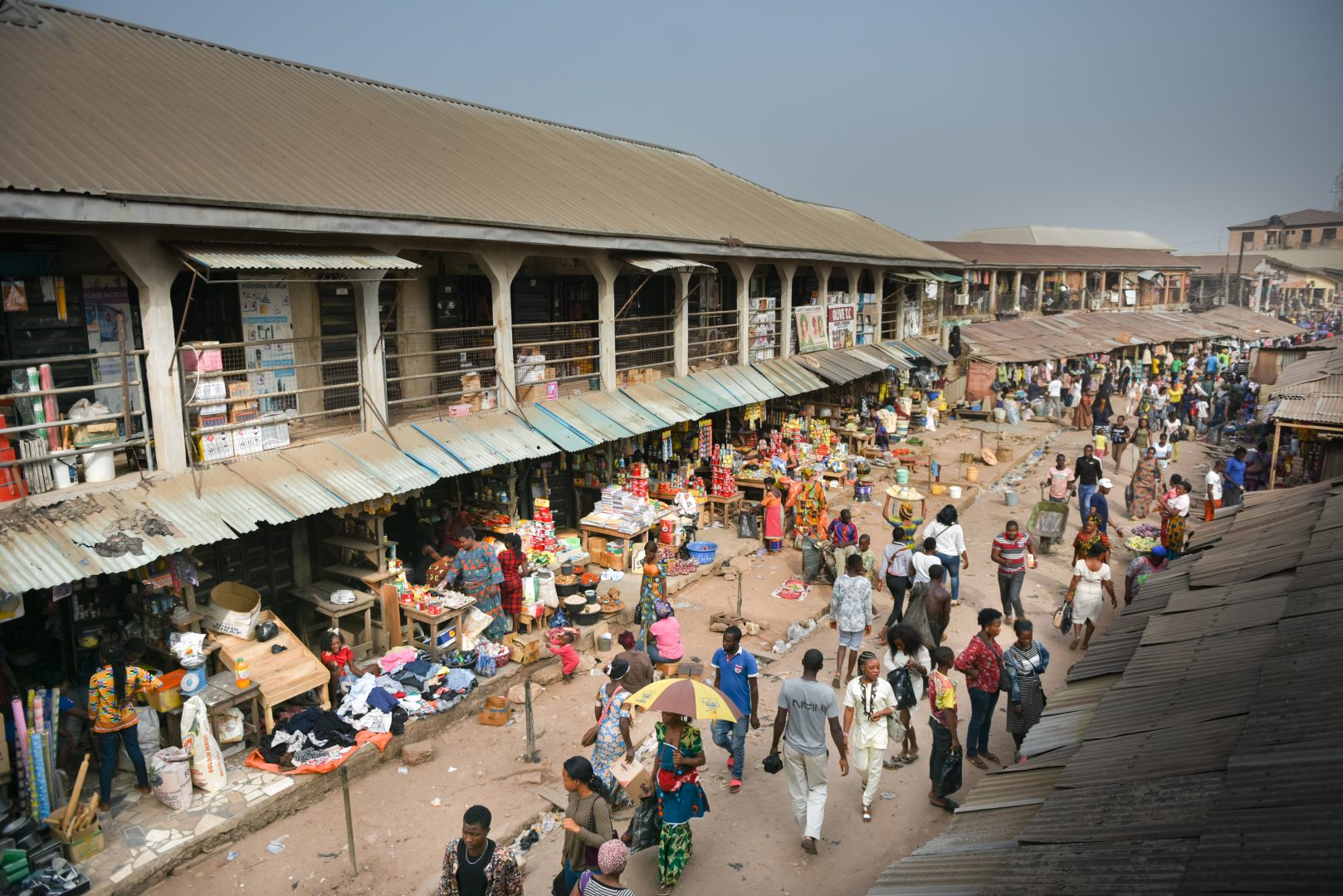There are 290 million hectares of planted forestry around the world, only 7 million of which is in Africa. Over 100 million hectares of forest cover has been lost in sub-Saharan Africa since the 1990s, and only 2 million hectares of new planted forests have been added. The continent is the largest global consumer of fuelwood and a net importer of processed wood products.
Investment in African sustainable forestry has tremendous potential for positive social and environmental impact. Forestry companies generate rural employment, they meet demand for wood that is often still taken from natural forests, and the manufacturing of finished wood products offers local value addition and import substitution.
Sustainable forestry can also remove carbon from the atmosphere and protect biodiversity. The carbon market is mired in controversy, but removal credits from verifiable new planting on fallow land offers genuine carbon sequestration. Certified forest management requires areas within planted forests be set aside for conservation, with genetic, species, and ecosystem diversity maintained, restored, or enhanced. The presence of a commercially sustainable forestry business in an area can protect wildlife corridors and prevent the logging of natural forests.
But the African forestry industry has a challenging history. Land acquisitions and community relations were sometimes handled badly, and too much money was spent on planting and not enough on processing and demand generation, with the result that African forestry companies have struggled commercially, and the industry remains tiny in comparison to its competitors in Asia, Latin America, and Europe. Development finance institutions (DFIs), such as BII, have supported African forestry from the beginning and experienced its trials and tribulations. The lessons of the past have been learnt, good community relations and the highest environmental standards are now recognised as integral to success, and much-needed investments in downstream processing are bearing fruit.
The BII Insight paper Investing for impact in African forestry explains why BII is still committed to African forestry, outlines our current strategy, and discusses the challenges and opportunities for impact on communities, climate, and biodiversity. The report showcases our investments in two sustainable forestry investment private capital vehicles – African Forestry Impact Platform (AFIP) and Criterion Africa Partners (CAP) – and our investment in Miro in West Africa. We publish this report today, the International Day of Forests, to draw attention to tremendous potential of African forestry for people and planet.
